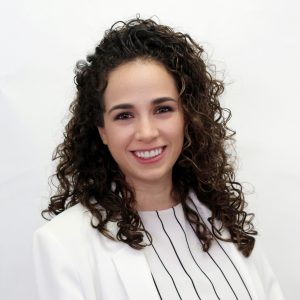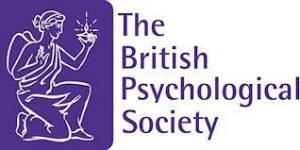Project Description
 Dr Karen Denise Gonzalez, Integrative Psychotherapist and Psychologist. MSc, PhD, MBPsS, MBACP, SEA s. member.
Dr Karen Denise Gonzalez, Integrative Psychotherapist and Psychologist. MSc, PhD, MBPsS, MBACP, SEA s. member.
“I work primarily from an existential-ontological perspective. However, I also combine phenomenological, psychodynamic and ACT principles. In my therapy, I offer qualities to create a strong therapeutic relationship and these include; validation, acknowledgement and empathy. I offer a non-judgemental space so that healing can take place and new choices can be explored.
In our first session, we will discuss what brings you to therapy and what your hopes and expectations are, and we will agree on times. Sessions are usually at the same time every week and are fifty minutes to one hour long. I also offer existential coaching sessions. Here we would clarify your values, self-reflect and move forward in a way that feels more authentic to you.”
The process of therapy allows us to explore our lives more closely. Our moods and emotions influence everything we do and want. Any struggles we face need to be tackled by understanding our emotions.
By comprehending the lenses, we are using to observe the world we live in we can re-evaluate our authentic values and beliefs. When we better understand ourselves, we can open up to new possibilities and make different choices in order to improve our quality of life. I believe that the use of powerful questions can help us to better describe and understand our own worldview.
When we become more authentic, we learn to develop stronger relationships which I believe are key to a more successful life. Human relationships have challenges, but with a good degree of intimacy and honesty, these challenges (e.g., ruptures and restorations) can be overcome. Starting therapy is a step forward to a more fulfilling life.
Dr Karen Gonzalez’s studies include:
- Undergraduate Psychology Degree in Mexico City
- MSc in Neuroscience at King’s College London
- PhD at the University of Southampton that looked at brain differences between boys and girls with neurodevelopmental problems (e.g., antisocial personality, conduct disorder, ADHD)
- Doctorate in Counselling Psychology at the New School of Psychotherapy and Counselling.
As a psychotherapist, she has experience with a broad of different issues: anxiety, depression, neurodevelopmental problems, personality disorders, self-esteem, gender issues, grief, life transitions, trauma, abuse, migration and chronic pain.
Neurodevelopmental disorders
She has extensive knowledge of neurodevelopmental disorders. She has worked with people that have a diagnosis of ADHD, and externalizing behaviour problems.
She also provides support to the family members that struggle to understand, care and support someone with a neurodevelopmental disorder. Sometimes, family members spend so much energy caring for someone with a neurodevelopmental problem that sometimes what might bring you to therapy is simply to have a space where you want to understand your own needs and wants.
Current research interest
My current research interest is in the impact that the climate crisis is having on our mental health. In specific, on women that chose not to have children because of climate change. Our journey of being a woman and choosing how and whether to mother can feel exhausting. Women that have climate concerns (e.g., overpopulation) can feel anxiety about the future, helplessness, guilt and grief, hence they choose not to mother. Climate change can feel overwhelming and cause feelings of extreme anxiety and hopelessness. I support clients to navigate these negative emotions and thoughts around climate change.
Accreditations and Membership:



THERAPY HARLEY STREET
10 Harley Street, London W1G 9PF
+44 (0) 207 289 5656
admin@therapyharleystreet.co.uk
“We are always in the process of becoming. We can’t change what happens outside us, but we can change how we respond to it, and change is always evolving.
Some issues Karen works with:
Anxiety and depression
Chronic Pain
Motherhood dilemma
Grief
Low self-esteem
ADHD
Autism
Conduct disorder
Neurodiversity
Existential Crisis
